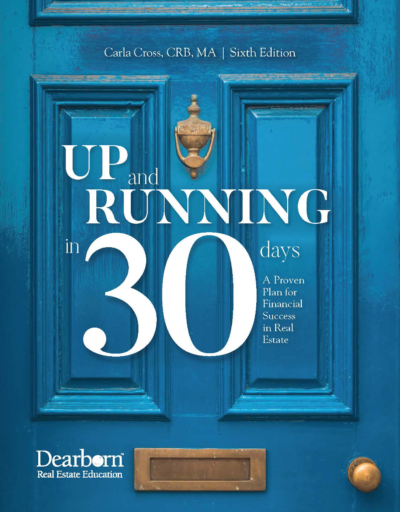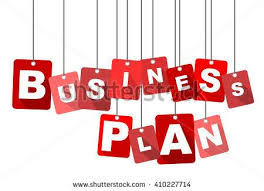Subscribe to the blog
Get Your Career
Up and Running in 30 Days
New Agents: How to Present Yourself When You Don’t Have a History of Success
You're a new agent. Or, you're a seasoned agent getting back into the game. Let's [...]
How’s Your Year Going? Grab a One-Page Review Sheet Here
We've blasted through most of 2025. Are you reaching your goals? Do you know? [...]
Stuck? Use the Mental Actions Top Performers Use to Move Ahead
Stuck? Use the mental actions top performers use to move ahead. Why do some people [...]
It’s July! Time to Review Your Work, Make Adjustments to Have a Great 2025
It's July! Have you reviewed your business plan results to date so you can [...]
How to Explain your Value in this ‘New World’ of Real Estate Sales
How do you explain your value in this new world of real estate sales? Oh, [...]
Real Estate Teams: Look Before You Leap!
Real estate teams: Look before you leap! There are real estate teams that run like [...]
What Magic Johnson can Teach Us about Success in Real Estate
It's not always real estate gurus who provide the best advice for success in real [...]
Interviewing for Real Estate? The Five Questions You Should Ask but Don’t
Interviewing? Here are the five questions you should ask in that real estate interview--but don't. [...]
How to Stop your ‘Mind White Noise’ Before You Present
Does this look like you feel before you have to get up in front of [...]














